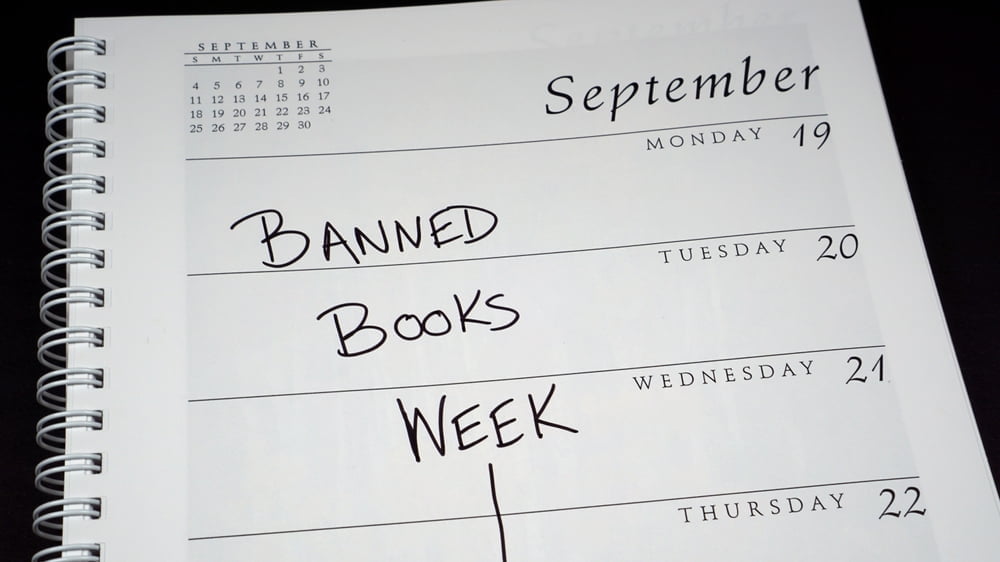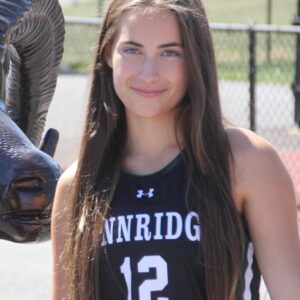When I think of reading, I think of the bridge behind my grandparent’s house. Far away in a suburb of Manchester, England, deep into a set of trails lies my reading lair. One end of the bridge is entirely covered in shrubs, grasses, and straggly vegetation that’s trying to survive against the heat of the summer, the hot pavement killing the trails that greenery throws across the path. I’m sure a maintenance crew would come and tidy it up, if they knew where it was. In fact, I think I’m one of the only people that knows this bridge exists. It’s just far enough away from the main road that it’s almost absent from the sound of cars racing by, but just close enough to home Mom would let me venture out alone, leaving a healthy taste of independence on my tongue. My grandparent’s quaint town has a surprisingly large library, teeming with diverse titles on shelves of books taller than my head. On rainy days, we’d stay in the library for hours, but when it was sunny, I could barely wait to get to my bridge. Until I finished the book, that’s where you’d find me. Sitting on a blanket, eating any English chocolate I could get my hands on, listening to the water flow underneath me, sucked into a different world.
Since then, reading has changed. Now, a senior at Pennridge High School, I read as a form of protest. Consuming new words almost feverishly, looking to gain something I can use from a book. My life, transformed to looking at the world around me in a critical way, requires books like my mouth needs food. I’ve observed that kids like books best that relate to something close to them, or something they see in themselves or in the world around them. This is a major draw to banned books. Their themes are not only a cautionary tale, but have aspects that connect to the world that today’s students live in. When students relate to a book on that level, they’ll read it.
Personally, I feel as though I notice myself learning from the books I read. I take difficult classes at my high school, mostly advanced placement, and find that when I have a book on the go, I can manage my time better, perform better on tests, and look at situations with a more intelligent view. I’ve learned quite a bit about writing from the books I read, and then use the words to create change in the space around me. I like to spend as much time in the school library as I can, finishing assignments, reading books, or making calendars to stay on track. Although it’s in the high school, the natural light and huge windows make me feel like I’m in an entirely different place.
Pennridge has celebrated Banned Books week for at least the last 15 years. I’ve done assignments and read banned books this week in September in all levels of Pennridge Schools. The high school gets resources from the American Library Association, bookmarks, posters, the works. It’s a cool theme. Sure, some banned book weeks contain controversial themes and graphic images, but Pennridge has a pretty innocuous display. Most of the featured books were included in curricula, like 1984, that I read for my AP Language class last year.
This year, for the first time, Pennridge’s administration stepped in and halted Banned Books Week on Wednesday.
“It’s so Orwellian, like you can’t even talk about it,” said a friend. “They really went all out, banning banned books week,” said another.
The featured books were objectively some of the most innocent books the library could’ve chosen. These titles are ones that students can relate to. Queer students can feel represented and heard by books that acknowledge their struggles; students of color can feel validated and seen in a school and community where they make up such a minority. Books can be lifelines. My school’s outlook on these books is heartbreaking, and heavily influenced by outside politics that have no place in schools.
Two things can be true at once, these books can allude to difficult themes, while not being political. These books can be found in Pennridge, without necessarily spouting the school’s view.
Most of all, it breaks my heart that students won’t find books they love at their school, the very place where my love of learning was grown. Unable to take books to their own secret places, no connecting with authors and words on a new level. This is what should be banned.







